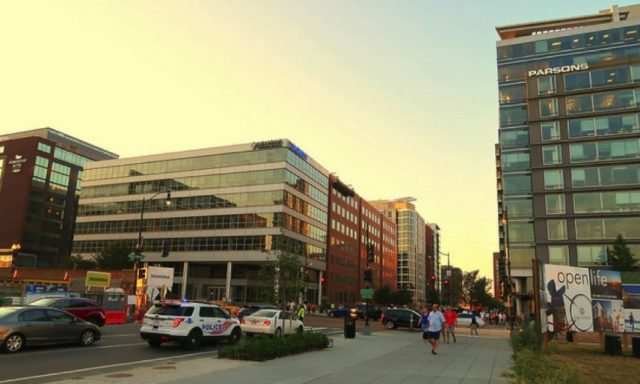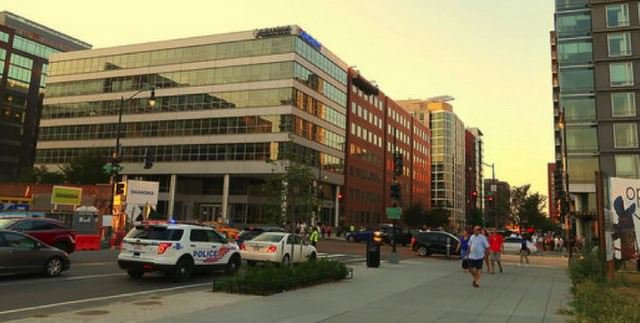[ad_1]
By Brianna Rhodes, Special to the AFRO
Over the past 12 years, District land use policies have been put into place in an effort to attract “creatives” to D.C., with little regard to how long-time residents are being affected.
That’s according to a lawsuit filed April 13 by civil rights attorney, Aristotle Theresa. The complaint alleges land use policies that are being used to help attract the “creative” demographic do not include family units or true affordable housing. The policies not only discriminate in terms of age and source of income, but it also impacts other classes such as race, family and religion.

According to the complaint, the city is trying to “lighten” Black neighborhoods through construction of “high density, luxury buildings, that primarily only offer studios and one bedrooms.”
The neighborhoods that are being targeted include Navy Yard, U street, Bloomingdale, H street, Union Market, and soon Anacostia, according to Theresa. Parties that are affected are all African-Americans living East of the River.
“I think my clients have issues and concerns with the Zoning Commission and not feeling like they were heard in sincerity and their arguments were not heard earnestly,” Theresa told the AFRO. “I think that the residents who face displacement have expressed fear and just uncertainty as to what’s going to happen in their lives.”
Theresa said that Black people were disproportionately missing from the discrete class of creatives that the city is seeking to grow.
“When you list out the professions that are part of the creative class, research and studies have shown that Black people are not in those professions to the extent as White people or other races,” Theresa said.
According to some studies, the African American portion of the creative class is 20 percent less than Whites, so that would be a policy that has a disparate impact, Theresa said. He also said this means resources are being siphoning from one group [Black people] to another group.
Spokesman for the District’s Office of the Attorney General, Robert Maurus, said the city would not comment on the lawsuit until its response is filed by its due date on June 25th, according to a Washington Post article.
“I think it’s important for our communities to fight for equity in the projects that are coming to our neighborhoods,” Theresa said. “Equity could mean land, money, programming or jobs, but you want to be a part of whatever development happening in the city, because a lot of things that people are asking for are things that take away from your community. If you don’t get anything in return, then you’re losing and you’ll soon be pushed out,” Theresa said.
“So what we want is just equity in the projects…then you know the neighborhood can gentrify and we can be a part of the gentry. But, if we don’t get equity then that would never happen and that means the usage of gentrification displacement.”
[ad_2]
Source link


